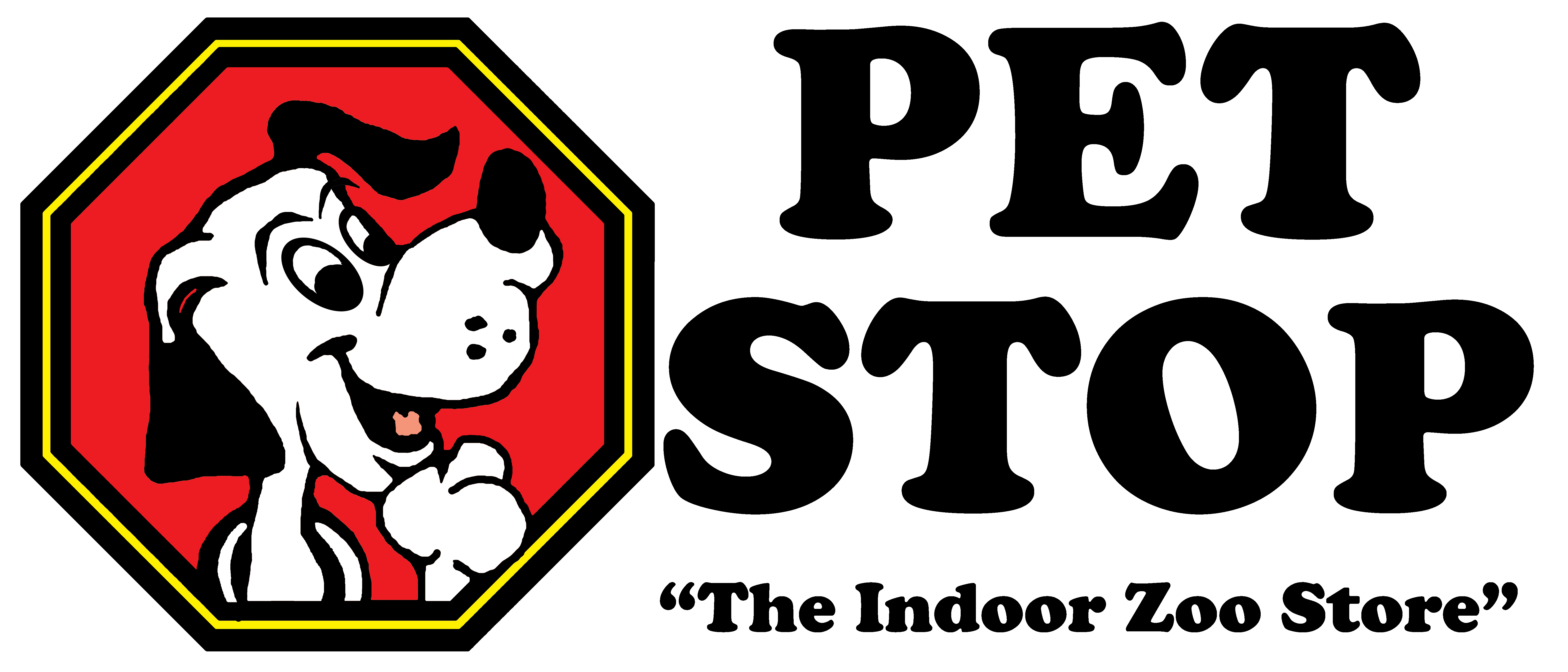Business Hours:
Monday - Friday: 10 am - 6 pm
Saturday: 10 am - 6 pm
Sunday: 11 am - 5 pm
Family Owned and Operated Since 1976

Guinea Pig
Guinea pigs are affectionate social pets who will sit on your lap and enjoy being petted. They make a wide variety of entertaining sounds, including whistles, purrs, chortles, chuckles, and clucks. Guinea pigs are a lot like little horses and play chasing games with each other. They come in a wide variety of colors and coat types, including fuzzy hair, long curly hair, and straight hair long enough to braid! Guinea pigs make great lap pets for people of all ages.
One guinea pig, or more?
Because guinea pigs are herd animals, it’s best to get at least two. Two pigs together will make more of their adorable sounds. However, just one guinea pig can do well with regular attention from its owner.
Feeding: Guinea pigs are strict herbivores and need special guinea pig pellets that contain vitamin C. They also need timothy hay for roughage and leafy greens such as dandelion leaves, bok choy, kale, cilantro, parsley and dark leaf lettuce every day. For treats, they can have carrots, celery, cucumber, very small amounts of oranges, peppers, and other veggies, and small amounts of commercial guinea pig treats. Guinea pigs love carrots so much they will learn to sit up to get them.
Housing: Guinea pigs need a cage at least 36" X 24" X 12" tall, and the bigger the better to provide room for them to run around. The floor of the cage must be solid, not wire, to protect their feet, and covered with aspen shavings or soft paper bedding. Do not use cat litter or cedar shavings.
Accessories: Guinea pigs need a large water bottle, a non-tip food dish or hopper, a hayrack and a mineral salt wheel. They also need a house to sleep in. They also appreciate a bed made of artificial sheepskin.
Sanitation: Clean the cage, accessories and bedding weekly. Urine deposits can be removed with vinegar. Be sure to scrub all parts of the water bottle and replace bottle every six months.
